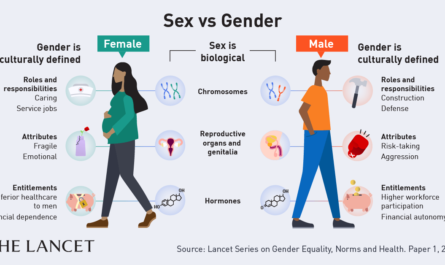Every woman in India must be aware of her legal rights to protect herself from discrimination, injustice, and violence. The Indian Constitution, along with various laws, safeguards women’s rights in different spheres of life, including education, employment, marriage, and personal safety. This blog highlights some crucial legal rights every woman in India should know.
1. Right to Equality (Article 14-16 of the Constitution)
The Indian Constitution guarantees equality before the law and prohibits discrimination on the basis of gender. Women have equal rights in employment opportunities, education, and public spaces.
2. Right Against Harassment at Workplace (POSH Act, 2013)
The Sexual Harassment of Women at Workplace (Prevention, Prohibition, and Redressal) Act, 2013 ensures that women have a safe working environment. It mandates companies to form an Internal Complaints Committee (ICC) to address sexual harassment complaints.
3. Right to Protection Against Domestic Violence (Domestic Violence Act, 2005)
Under this Act, women facing physical, emotional, sexual, or economic abuse from their husbands or in-laws can seek protection orders, residence orders, and financial support from the court.
4. Right to Free Legal Aid
Women in need can get free legal aid under the Legal Services Authorities Act, 1987. The government provides free legal counsel to women who cannot afford representation in court.
5. Right to Maternity Benefits (Maternity Benefit Act, 1961)
Working women are entitled to paid maternity leave of up to 26 weeks under this Act. This ensures financial stability and job security for new mothers.
6. Right Against Dowry (Dowry Prohibition Act, 1961)
This law makes giving or demanding dowry a criminal offense. Women can file complaints against those who harass them for dowry, and the offenders can face imprisonment and fines.
7. Right Against Female Infanticide and Sex-Selective Abortion (PCPNDT Act, 1994)
This law prohibits gender-based abortion and sex determination tests. Doctors and medical professionals involved in such practices can face severe penalties.
8. Right to Inherit Property (Hindu Succession Act, 1956)
Daughters have equal rights to inherit ancestral and parental property, just like sons. This right was strengthened by the 2005 amendment to the Act.
9. Right to Protection Against Rape and Sexual Assault (IPC Section 375 & 376)
Rape is a serious crime under Indian law, and the punishment for the offender can range from seven years to life imprisonment. Victims are entitled to legal support, compensation, and protection.
10. Right to File an FIR at Any Police Station
A woman can file an FIR at any police station, even if the crime did not occur in that jurisdiction. The police cannot refuse to register the complaint.
11. Right to Abortion (Medical Termination of Pregnancy Act, 1971)
Women have the legal right to abort a pregnancy under certain conditions, including medical risk to the mother or fetal abnormalities. The Act allows abortion up to 24 weeks in special cases.
12. Right to Live with Dignity (Article 21 of the Constitution)
Every woman has the fundamental right to live with dignity and make her own life choices, including marriage, education, and career decisions.
Conclusion
Being aware of these legal rights empowers women to stand up against discrimination and injustice. Knowledge is power, and every woman should educate herself and others about these rights to ensure a safer and more equal society.
If you found this information useful, share it with others to spread awareness! What other rights do you think are important for women to know? Let us know in the comments!



